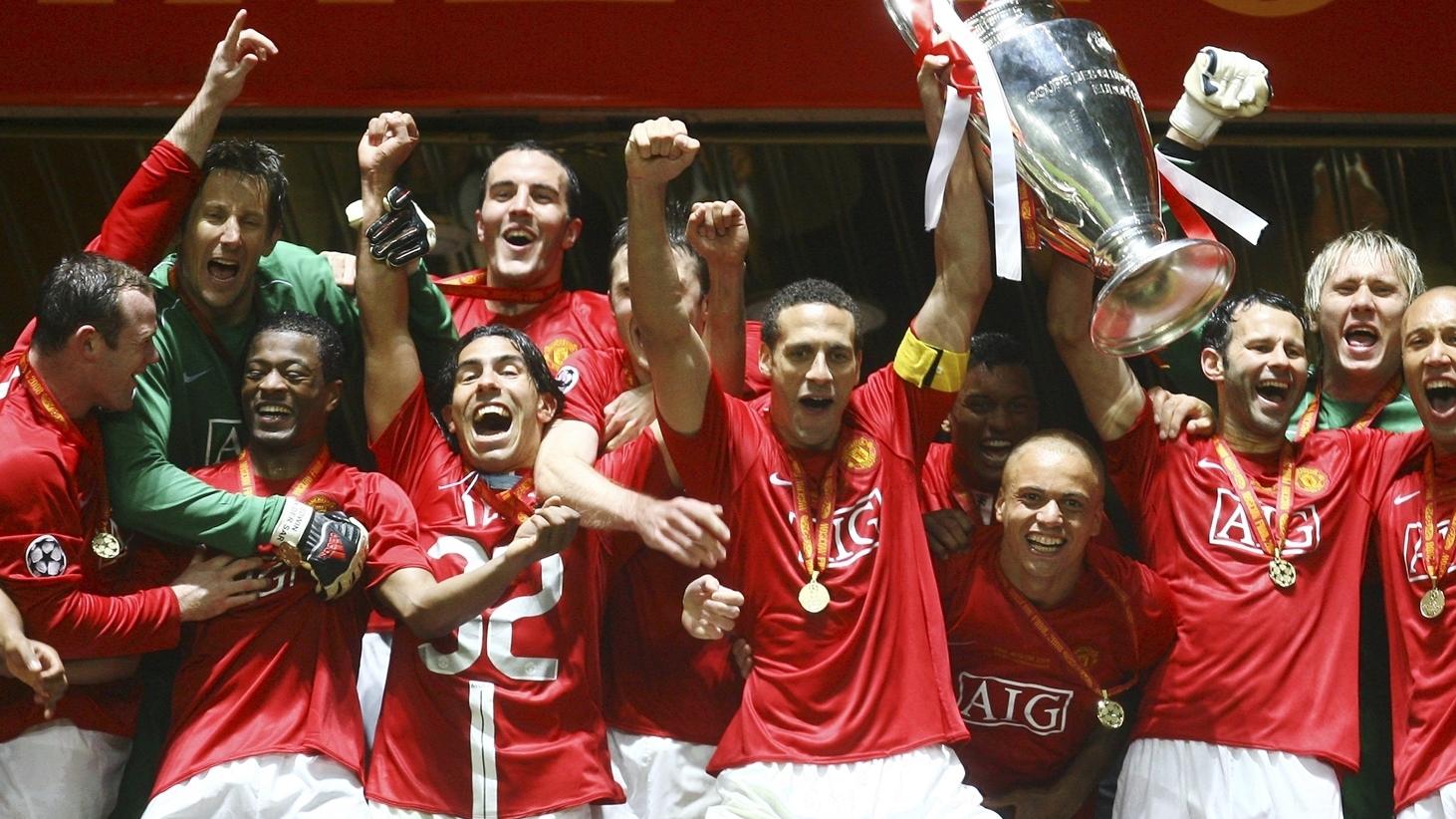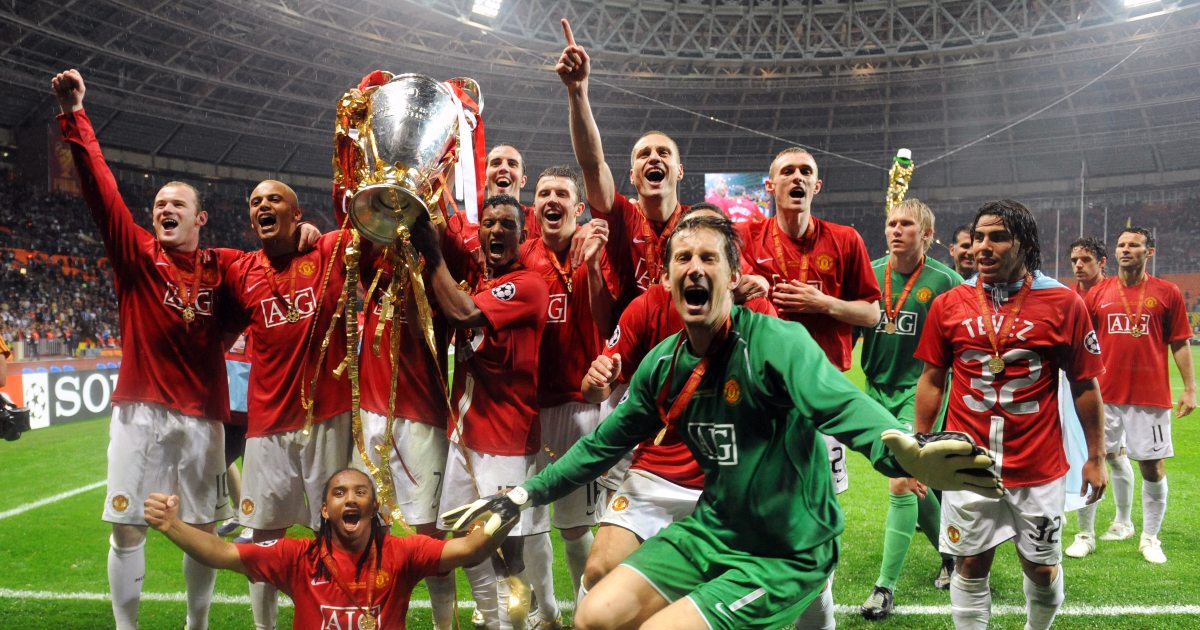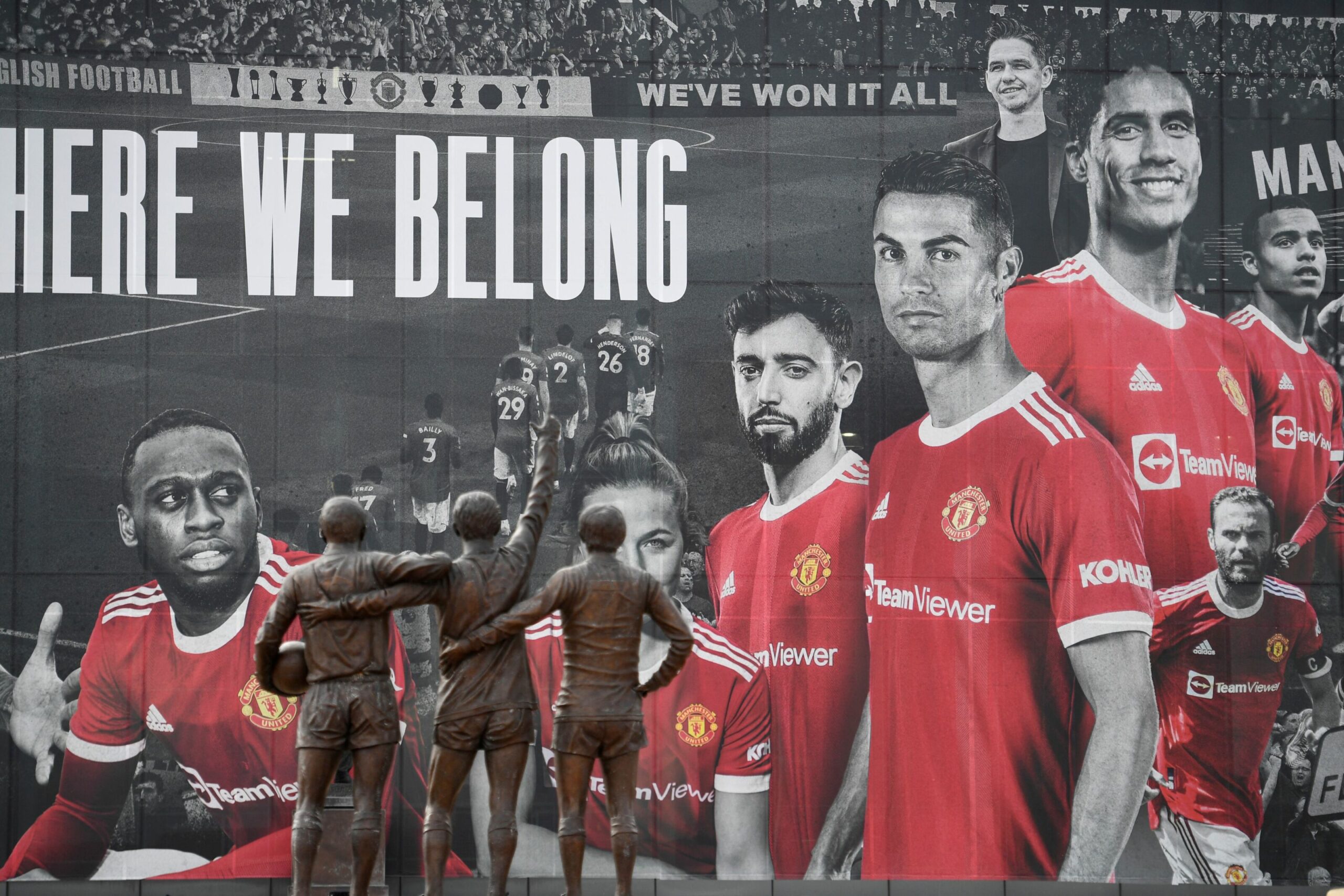Manchester United Champions League history is a tapestry woven with threads of triumph and tribulation. From iconic victories to agonizing defeats, the club’s European journey is a compelling narrative of ambition, resilience, and the relentless pursuit of glory. This deep dive explores the Red Devils’ past performances, analyzes their current squad, dissects tactical approaches, and examines the financial and media landscapes surrounding their Champions League aspirations.
The quest for European dominance continues, and the stakes remain incredibly high.
This analysis delves into the specifics of Manchester United’s Champions League campaigns, comparing their successes and failures against other top English clubs. We examine key players, both past and present, whose contributions have shaped the club’s fortunes. The impact of managerial styles, tactical shifts, and the financial implications of Champions League participation are also critically assessed, providing a holistic perspective on this pivotal aspect of the club’s identity.
Manchester United’s Champions League Legacy: Manchester United Champions League
Manchester United’s history in the UEFA Champions League is a tapestry woven with threads of triumph and disappointment, marked by periods of exhilarating dominance and frustrating setbacks. From their first European Cup win in 1968 to more recent campaigns, the club’s journey reflects the evolution of both the competition and the team itself. This analysis delves into the key aspects of their Champions League story, examining past glories, recent performances, squad analysis, tactical approaches, and the broader impact of their participation.
Manchester United’s Champions League History

Manchester United’s Champions League record is a blend of remarkable achievements and periods of inconsistency. Their three European Cup/Champions League titles stand as testaments to their ability to compete at the highest level, while other seasons have shown the challenges of maintaining sustained success in such a demanding competition. Comparing their performance to other English giants reveals both strengths and areas for improvement.
| Season | Result | Top Scorer | Key Moments |
|---|---|---|---|
| 1998-99 | Winners | Teddy Sheringham (5 goals) | Overcoming Bayern Munich in injury time with two late goals; strong team spirit; tactical flexibility. |
| 2007-08 | Winners | Cristiano Ronaldo (8 goals) | Victories against Roma and Barcelona; Ronaldo’s outstanding performances; strong defensive solidity. |
| 2008-09 | Runners-up | Cristiano Ronaldo (4 goals) | Narrow defeat to Barcelona in the final; strong performances throughout the tournament; injuries impacting the team’s form. |
Compared to Liverpool and Chelsea, Manchester United’s three Champions League titles are matched only by Liverpool’s record. Chelsea has two titles. However, Liverpool has reached more finals. The consistency of Champions League qualification across all three clubs varies over time, with periods of dominance and lean years for each. Manchester United’s success has been punctuated by periods of rebuilding and tactical shifts, influencing their overall performance in the competition.
Recent Champions League Performances, Manchester united champions league
Manchester United’s recent Champions League campaigns have been characterized by a lack of consistency. A review of the last five seasons highlights the challenges they’ve faced in returning to the pinnacle of European football.
- Season 1: Did not qualify
- Season 2: Group Stage exit
- Season 3: Round of 16 exit
- Season 4: Did not qualify
- Season 5: Group Stage exit
Factors contributing to their inconsistent performances include managerial changes, squad imbalances, and difficulties in adapting to the tactical demands of the Champions League. Key matches have often revealed tactical vulnerabilities or a lack of clinical finishing under pressure.
Squad Analysis for Champions League Success
Assessing Manchester United’s current squad reveals both strengths and weaknesses concerning Champions League contention. A balanced squad with depth in key positions is crucial for success in the demanding competition.
A potential starting XI for a Champions League match might include: [Goalkeeper], [Right-back], [Centre-back], [Centre-back], [Left-back], [Defensive Midfielder], [Central Midfielder], [Attacking Midfielder], [Right Winger], [Left Winger], [Striker]. This lineup balances defensive solidity with attacking threat, prioritizing players with experience and proven ability in high-pressure situations. The roles of the striker and central midfielder are particularly critical in dictating the team’s attacking rhythm and defensive stability, crucial elements for Champions League success.
Tactical Approaches and Strategies

Manchester United’s tactical approach in the Champions League has varied significantly under different managers. Understanding these variations and their effectiveness is crucial for analyzing the team’s performance.
Different managers have employed various formations and tactical strategies. Adaptability is key; countering opponents’ strategies requires flexibility and the ability to adjust formations and player roles based on the specific challenge posed by each opponent. For example, a high press against a possession-based team might be effective, while a more cautious approach might be necessary against a counter-attacking team.
Obtain direct knowledge about the efficiency of are manchester united in the champions league through case studies.
The Impact of Key Players
Certain players have had a profound impact on Manchester United’s Champions League journey, both positively and negatively. Their contributions, leadership qualities, and overall influence on team dynamics have shaped the club’s success or failure in the competition.
- Cristiano Ronaldo: His goalscoring prowess and overall influence were pivotal in their 2007-08 triumph.
- Wayne Rooney: Provided a consistent goal threat and creative spark for many seasons.
- Sir Alex Ferguson: His tactical acumen and leadership were instrumental in the club’s past successes.
Leadership and team spirit are paramount. A cohesive and motivated squad is better equipped to handle the pressure of the Champions League. The absence of a key player, such as the team’s leading goalscorer, could significantly impact Manchester United’s chances of progressing in the competition, potentially disrupting the team’s attacking fluidity and overall confidence.
Fan Expectations and Media Coverage
Fan expectations and media narratives significantly impact Manchester United’s Champions League campaigns. The pressure to perform at the highest level is immense, and media coverage can influence both team morale and public perception.
| Theme | Source | Sentiment | Impact |
|---|---|---|---|
| Managerial performance | National newspapers, social media | Often critical | Can affect team morale and managerial decisions. |
| Player performance | Sports websites, television | Variable, depending on results | Influences player confidence and public perception. |
| Transfer speculation | News outlets, social media | Speculative and often exaggerated | Can destabilize the squad and affect team unity. |
Financial Implications of Champions League Participation
Champions League participation significantly impacts Manchester United’s financial situation, both positively and negatively. Qualification offers substantial revenue streams, but failure to qualify has significant economic consequences.
Qualification brings substantial prize money, broadcasting revenue, and increased commercial opportunities. This revenue strengthens the club’s financial position, allowing them to attract and retain top players. Conversely, failure to qualify results in a substantial loss of revenue, potentially impacting the club’s ability to compete for top talent and affecting overall spending power. The economic impact of the Champions League on Manchester United is substantial and directly influences the club’s competitive standing both on and off the pitch.
Manchester United’s Champions League journey remains a story in progress, one filled with potential and punctuated by the weight of expectation. While past glories provide a rich legacy, the future hinges on the club’s ability to adapt, innovate, and consistently deliver high-level performances on the European stage. The club’s current squad possesses undeniable talent, but realizing its full potential will require strategic planning, tactical flexibility, and unwavering team spirit.
The road to Champions League success is paved with challenges, but the rewards are immense, ensuring that the narrative of Manchester United’s European quest continues to captivate fans and analysts alike.


